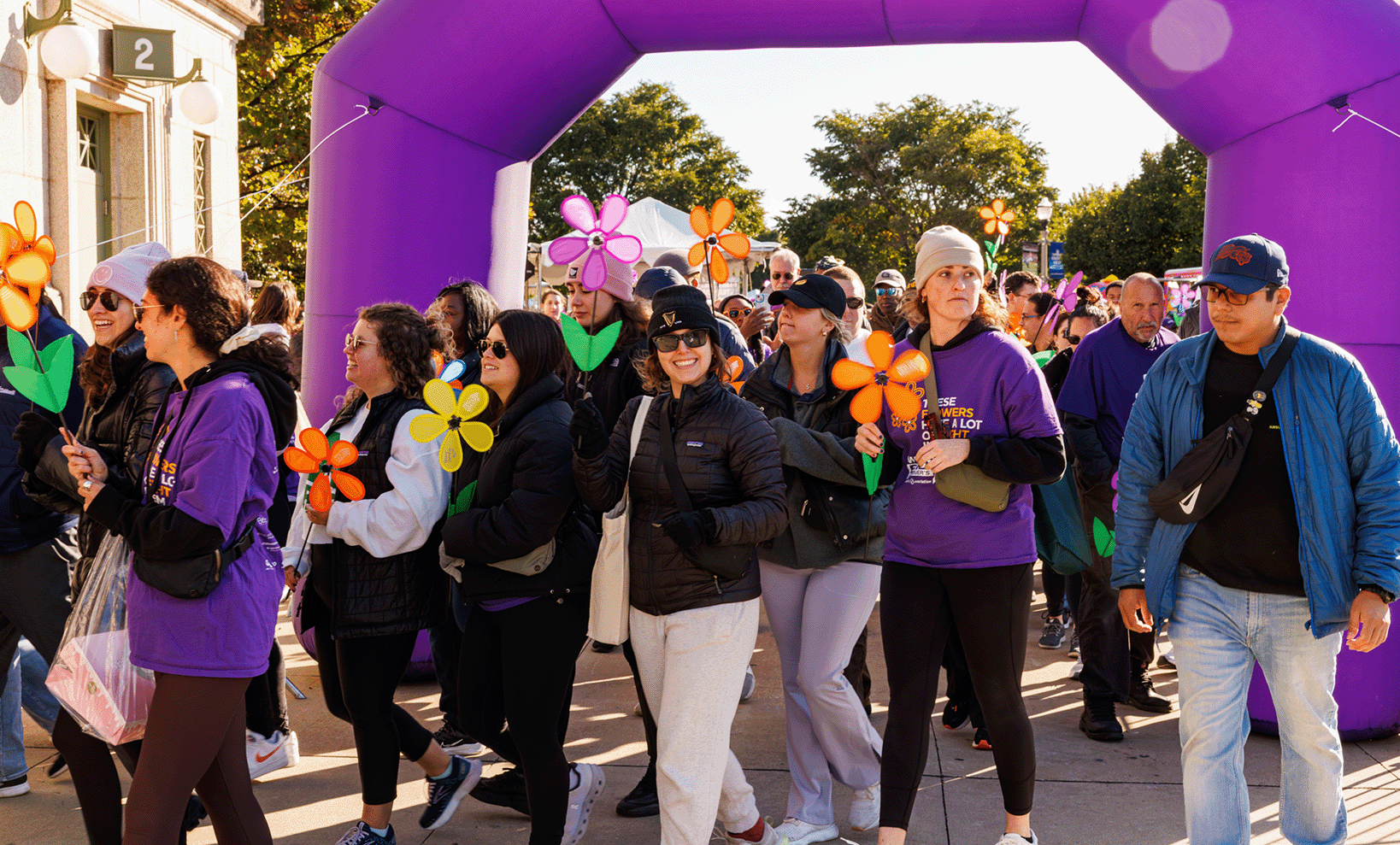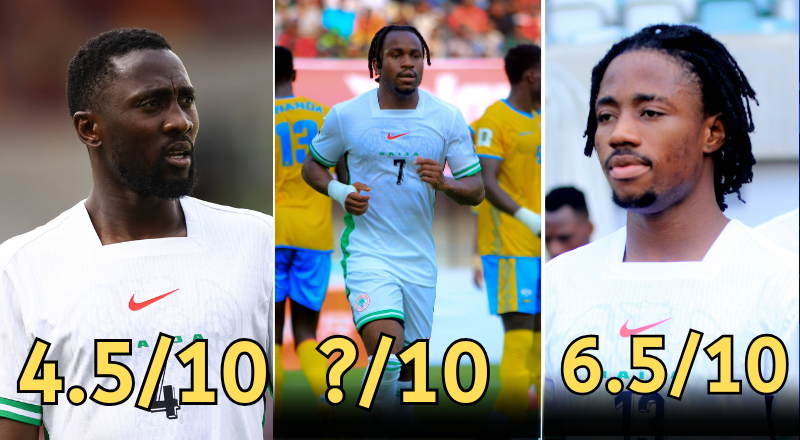Help end Alzheimer’s with your purchase of a 7X Bingo Multiplier Instant Ticket from the Illinois Lottery
By Chicago Reader,Sponsored By Illinois Lottery
Copyright chicagoreader

Alzheimer’s Disease and Related Dementias (ADRD) impact every community, with devastating effects. In 2020, the Illinois Lottery launched a specialty Instant Lottery ticket called The End of Alzheimer’s Begins With Me, designating 100 percent of its profits to the Alzheimer’s Association, Illinois Chapter. In 2024, the Illinois Lottery expanded this commitment with the launch of the 7X Bingo Multiplier, a joint specialty ticket where a portion of the profits raised supports Alzheimer’s care in Illinois, along with nine other worthy causes. Together, these efforts have raised more than $5.7 million for the Alzheimer’s Association Illinois Chapter, which provides care and support services for individuals and families grappling with ADRD as well as education and public outreach programs. The ticket, which has a cheery bright-green color, costs $5 and is available for purchase at more than 7,000 Illinois Lottery retailers throughout the state. Visit the Illinois Lottery website for more information.
Alzheimer’s Disease is a progressive medical disorder in which amyloid plaques and bundles of fibers called neurofibrillary tangles build up in the brain, slowly destroying cognitive function and eventually interfering with everyday life. In the U.S., Illinois has been at the forefront of Alzheimer’s awareness, research, education, and support services since 1980, when a group of family caregivers, physicians, and researchers led by Jerome H. Stone founded the Alzheimer’s Association in Chicago. Today, the association maintains a robust presence in all 50 U.S. states, serving more than seven million people living with Alzheimer’s Disease and Related Dementias (ADRD) and nearly 12 million caregivers.
The Alzheimer’s Association’s Illinois Chapter—which remains headquartered in the Windy City—serves more than 250,000 people living with ADRD and 351,000 caregivers across 87 counties throughout the state. Funding the chapter receives from the Illinois Lottery’s 7X Bingo Multiplier Instant Ticket supports its education and outreach programming, including those tailored to marginalized communities, which help empower the public to learn more about the condition, access screenings, and, if necessary, connect with medical providers and other resources.
Since it was first discovered in 1906, Alzheimer’s has been considered incurable, and treatments have focused on slowing down its progression and managing symptoms rather than targeting the underlying cause of the disease. But in recent years, a number of scientific and medical breakthroughs have flipped the script on what we know about Alzheimer’s, providing new hope for many of those living with ADRD along with millions of people worldwide who are at risk of developing the condition during their lifetime.
“A diagnosis of Alzheimer’s today is not the same as a diagnosis 10 years ago—there truly is hope.” says Delia Jervier, executive director of the Alzheimer’s Association’s Illinois Chapter.
Much of that hope comes in the form of new medications, including the groundbreaking monoclonal antibodies Lecanamab (Leqembi) and Donanemab (Kisuna), which received FDA approval in 2023 and 2024, respectively. Both medications clear amyloid plaques from the brain in patients in the early stages of ADRD. Though neither is a cure for the disease, clinical studies have shown that when administered to people with mild symptoms, patients’ ability to live independently was prolonged by eight months with Donanemab, and ten months with Lecanamab.
The success of those medications have been a game-changer for people in the early stages of ADRD, who are now able to spend more time with family and loved ones, participate in clinical trials, and experience a higher quality of life. “For the last 20 years, the only medications [for Alzheimer’s] that were on the market were for helping with the symptoms of the disease,” Jervier says. “So you had medications to help with agitation and to help calm people down, but there hadn’t been anything that actually addressed removing plaques from the brain that cause Alzheimer’s disease—and now there are.”
Researchers have also made major inroads in understanding how lifestyle changes can delay progression of ADRD or even reduce the risk of developing it in the first place—and some of the most exciting work has been conducted in Illinois. Jervier points to a recent U.S. Pointer study, supported by the Alzheimer’s Association with additional support from the National Institute on Aging at the National Institutes of Health (NIH), concerning nonpharmaceutical approaches to the treatment of cognitive decline. Participants were given strict programs and tracked over a period of two years by clinicians in six institutions across the country, including Chicago’s Advocate Health Care and Rush University Medical Center.
“Basically, [participants] were given a very strict diet to follow, the MIND diet (which is kind of a Mediterranean-based type of diet), they were given exercises to do consistently three times a week, they made sure they slept at least eight to nine hours, and controlled their blood sugar very tightly,” Jervier says.
The results, presented at the Alzheimer’s Association’s annual international conference in July, showed a marked improvement in cognitive function among participants in both the study’s structured and self-guided programs. “That was really a breakthrough, because we are now able to actually talk about brain health and really definitely make the statement that ‘If you do these things, we can’t say they’ll definitely prevent, but we can say they will reduce the risk of developing this disease,’” Jervier says. “Some of the individuals in the study started functioning at an age level of about two years younger than what they actually are.”
Jervier credits much of the developments in ADRD research to an influx of funding over the past decade, which in turn, she says, stems from increased awareness and interest in the conditions on a public level. “About 10 years ago, it was only about $400 million that was dedicated at the NIH for research of Alzheimer’s,” she says. “Now, through the advocacy of the Alzheimer’s Association, we’re at about $3.8 billion in research dollars dedicated to Alzheimer’s disease and dementia.”
That means that every dollar the association receives through the Illinois Lottery’s specialty ticket can make a difference in fighting Alzheimer’s and improving the lives of those living with ADRD. “The sooner a diagnosis can be made, the sooner people can get on those treatments, and slow down cognitive decline and remove the plaques from the brain,” Jervier says. “So we’re now ramping up our efforts around education—around the signs and symptoms of the disease and what we call modifiable risk factors—because now we can talk about things like brain health and what you can do now to slow down cognitive decline or delay as much as possible the onset of the disease at all—and possibly prevent it.”
For more information on the Alzheimer’s Association’s Illinois Chapter, visit www.alz.org/illinois. If you or a loved one is living with ADRD and or have specific questions about the condition or support services, you can call their 24/7 helpline,1-800-272-3900, which accommodates more than 200 languages, to speak to a master-level clinician.



